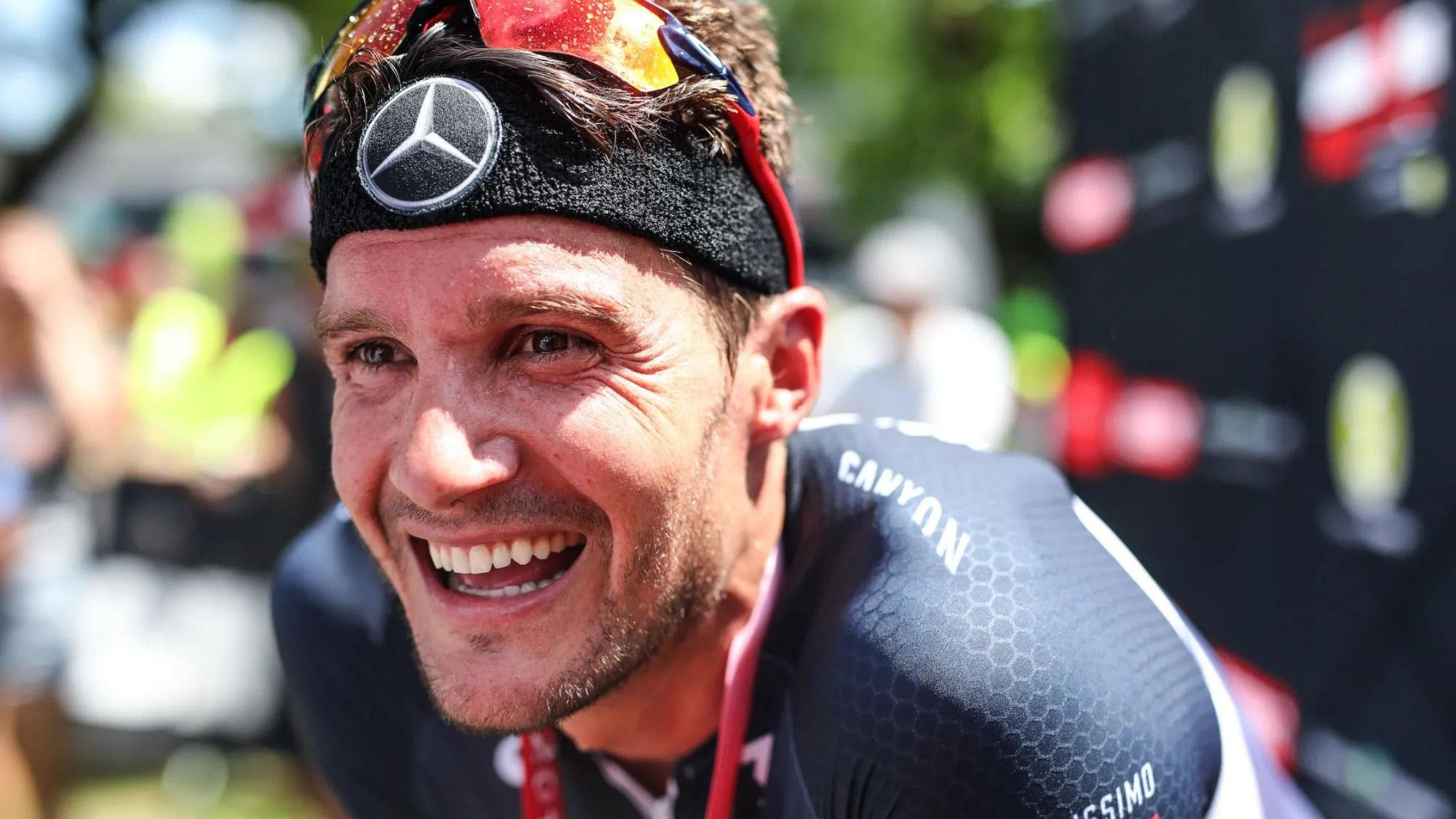The triathlon is one of the endurance sports community’s most captivating showcases. As the event grows in global popularity, competitors of all skill levels have had the chance to experience this unique and challenging blend of aerobic competition – commonly consisting of swimming, cycling, and running.
However, for newcomers, this same compelling blend of sports can make triathlon training a daunting concept. Aspiring competitors often wonder where to begin, how to structure and balance aerobic training, and ultimately maximize their chances of attaining their race-day goals.
With these notions in mind, here are a few quick yet crucial considerations for new triathlon participants.
Commit to a realistic goal
Like any aerobic sport, goal-setting is key for maintaining stability and vision throughout one’s training. Such aspirations are often a healthy blend of attainable and challenging, instilling confidence without sacrificing or shirking training integrity. That said, as a new triathlete, you should exercise restraint when plotting your competitive introduction. Gauge your physical fitness and aerobic endurance prior to committing to a standard – and don’t be afraid to set the bar seemingly low, as any time will subsequently stand as your new personal best to beat.
Follow a balanced, personalized plan
Since the triathlon merges three inherently taxing aerobic events – each with its own training constraints and best practices – it can be overwhelming to construct a well-balanced training regimen reflective of all three. Fortunately, there are countless authoritative resources that have published proven training plans for beginners – just make sure you personalize your plan of choice to match your unique fitness constraints. It also helps to talk with friends, family, or other acquaintances with triathlon experience, asking them to summarize their respective journeys through their initial training.
Maintain perspective
Ultimately, triathlon training shouldn’t be about anyone but you; this means you should shut out negative self-talk and needless comparisons to those more experienced, physically fit, or otherwise accomplished than you in the sport. Maintain focus on your goal, training, and enjoyment of the sport, and, on race day, remember why you committed to your regimen in the first place: to participate in an exciting new experience, push yourself, and have fun.
Once you have completed your first triathlon, you will have a new competitive bar to which to hold yourself in future competitions. As you chase increasingly ambitious goals and push your fitness boundaries, remember to center your training on the above values; they will keep your preparations structured and rooted in your natural passion for the sport.







